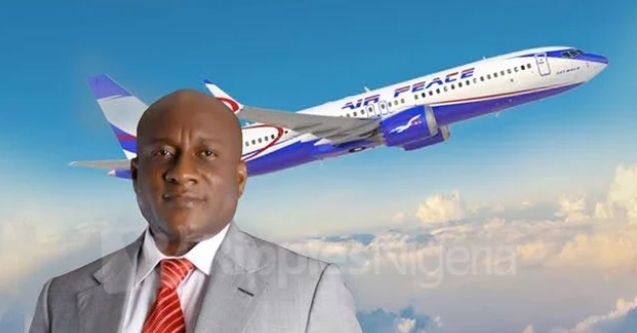The amount Nigerians spent on electronic bills such as power and other utilities grew by 387.19 per cent from N189.50bn in the first four months of 2019 to N923.24bn in the corresponding period of 2022, indicating an increase in the use of e-channels by Nigerians.
According to the Nigeria Inter-Bank Settlement System, e-bills payment includes everyday bill payments and is an accessible and seamless account-based e-bill payment channel, with online real-time transaction reporting, biller notification, and easy reconciliation.
It said, “e-BillsPay is an electronic bill payment platform that facilitates the payment of Bills, Fees, Levies, Premiums, and Subscriptions etc. by the banking public through electronic payment channels provided and managed by Banks.”
Data from the NIBSS revealed a surge in the usage of e-bills pay after the onset of the pandemic. In the first four months of 2019, N189.50bn was paid through e-BillPay channels; in the first four months of 2020, N363.87bn was paid through these channels.
The data shows sustained growth in the channel of payment as N716.99bn was paid between January and April of 2021, while N923.24bn was paid in the corresponding period of 2022.
According to the NIBSS, e-BillsPay touch points include bank branches, Internet banking, mobile banking, USSD, and agent networks.
Commenting on the surge of the payment channel, the National President, Association of Mobile Money Agents in Nigeria, Victor Olojo, disclosed that mobile usage was driving the increase in e-BillsPay.
He said, “Primarily, the increase in mobile usage and mobile payment has helped very aggressively in e-bills payment as people now have access to mobile phones and are now able to do payments themselves.
“Secondly, financial inclusion; more people have access to finance and that way they can link their accounts to their mobile numbers to carry out transactions. Also, a bulk of e-bills payments have to do with utilities, PayTV, and power. More Nigerians have been able to embrace mobile banking.”
According to him, this surge is likely to continue as it ushers in ease of payment. He added that with an increase in demographic expansion, more people now have access to this form of payment.
He stated that telcos were making it easy for Nigerians to carry out transactions, and the rise of fintech was also fuelling new growth.
In addition, Olojo said, “COVID contributed to the growth of electronic payment. It taught us many ways of doing things differently. For things we thought needed a second party to carry out, COVID has shown us that we can do them by ourselves.
“COVID helped the adoption of this channel. Many people would rather before now go to the bank to make some payments, but these days people use e-channels. States have also integrated their payments, statutory payments, e-payments, and payments to local governments. Both the private sector and public sector have accepted this payment channel. It is a payment channel that will continue to increase.”
According to a telecom industry expert in one of the telecom firms, mobile is driving the growth of e-bills payments, adding that convenience and speed are also adding to the growth of the payment channel.
The expert, who chose to speak on condition of anonymity because he was not authorised to speak on the matter, said, “When people make payments, they don’t have to wait for a long while before it reflects. People can pay on the go and get the service immediately.
“Convenience and speed are the two key drivers for it. Now that we are talking about financial inclusion with PSBs and other mobile money where in areas without access to banks people can use phones to carry out financial transactions.
“Convenience and speed are what is driving this. Mobile is driving this adoption fast. As I have said, mobile enables on-the-go payment. It is not location-based. Mobile is the way to go, mobile is what is driving adoption.”
Source Punch














